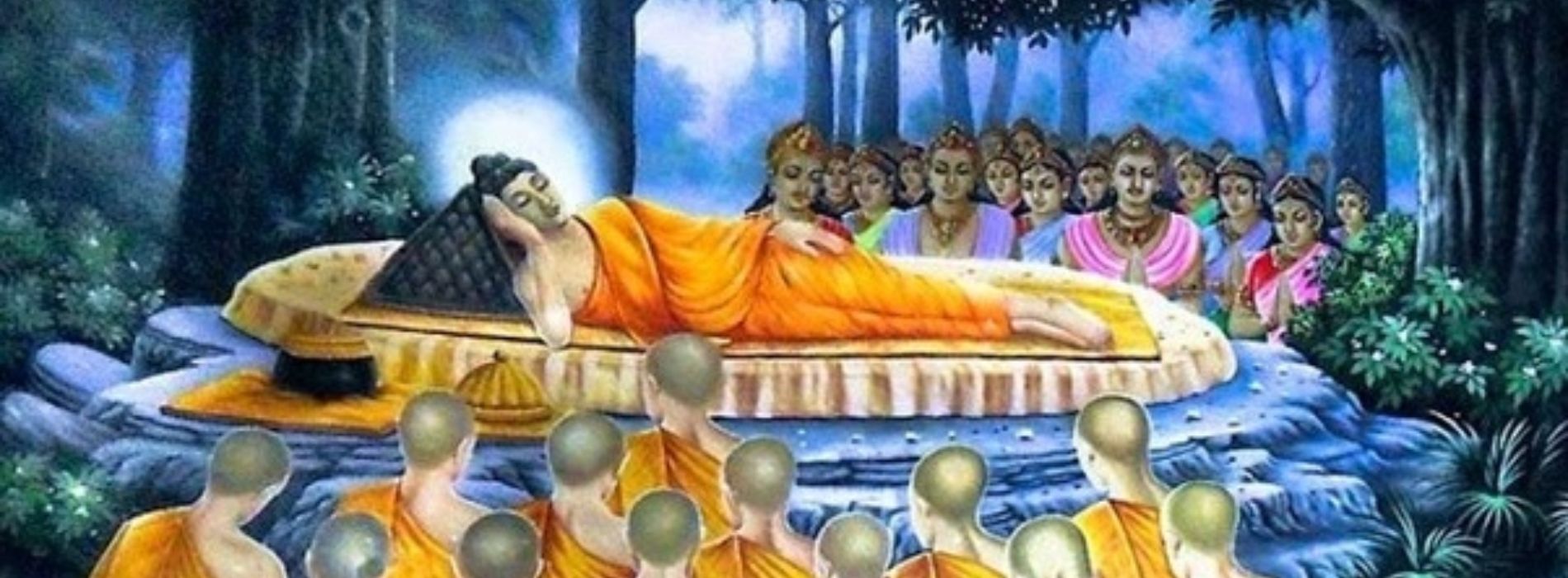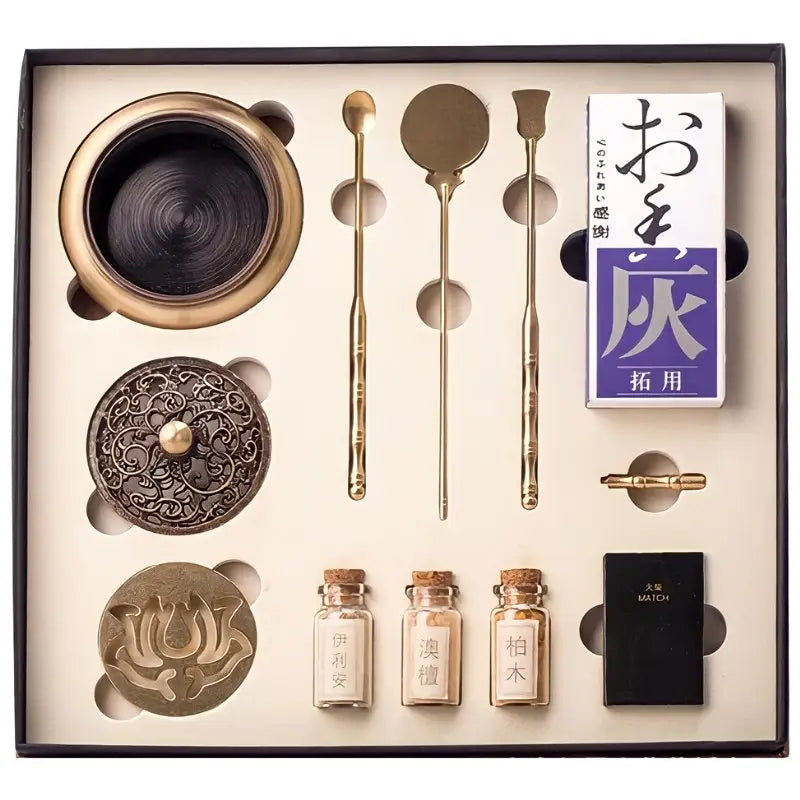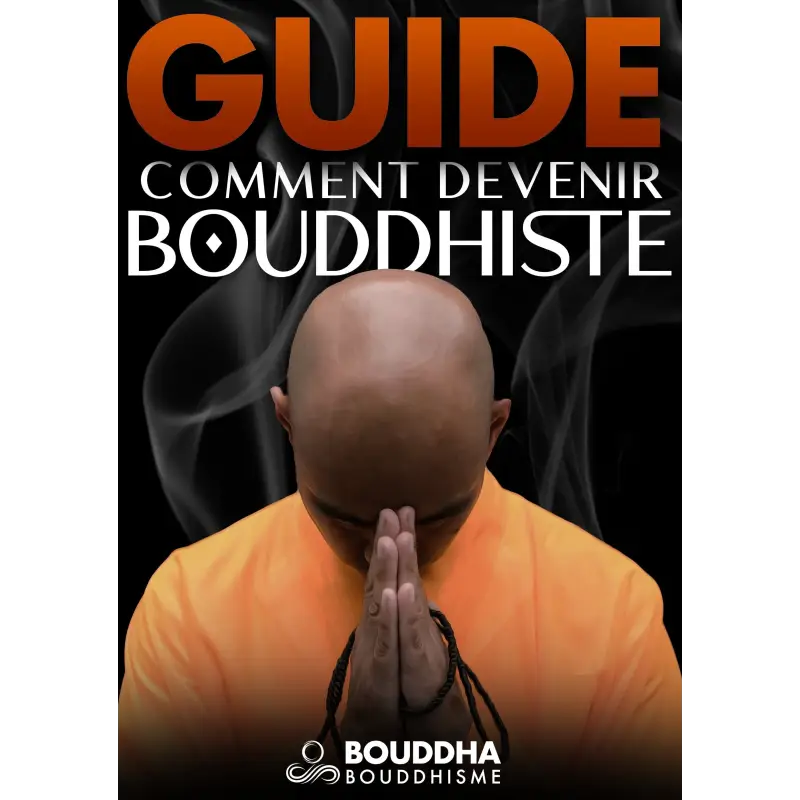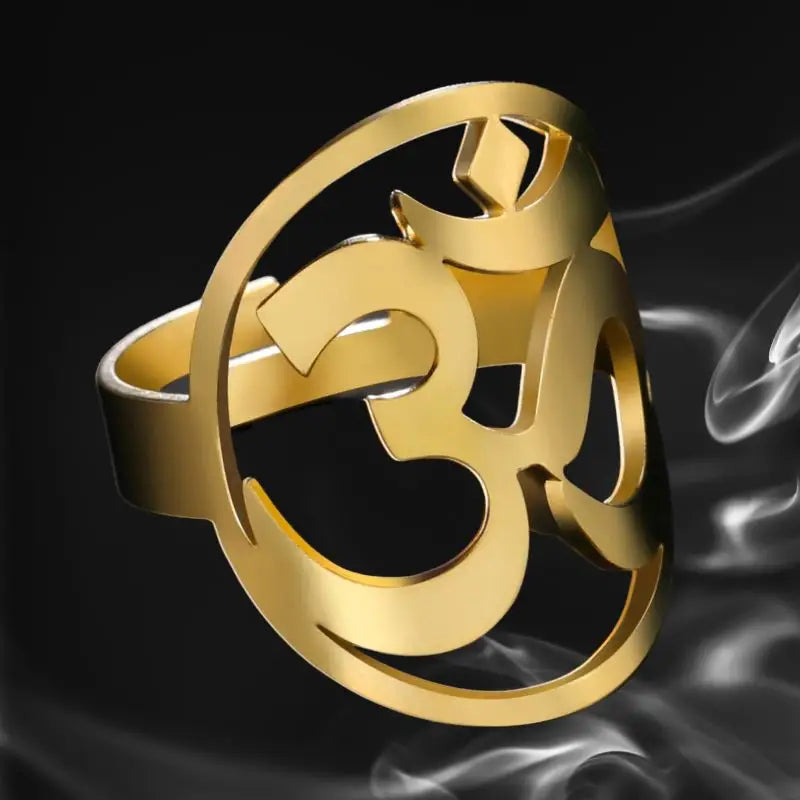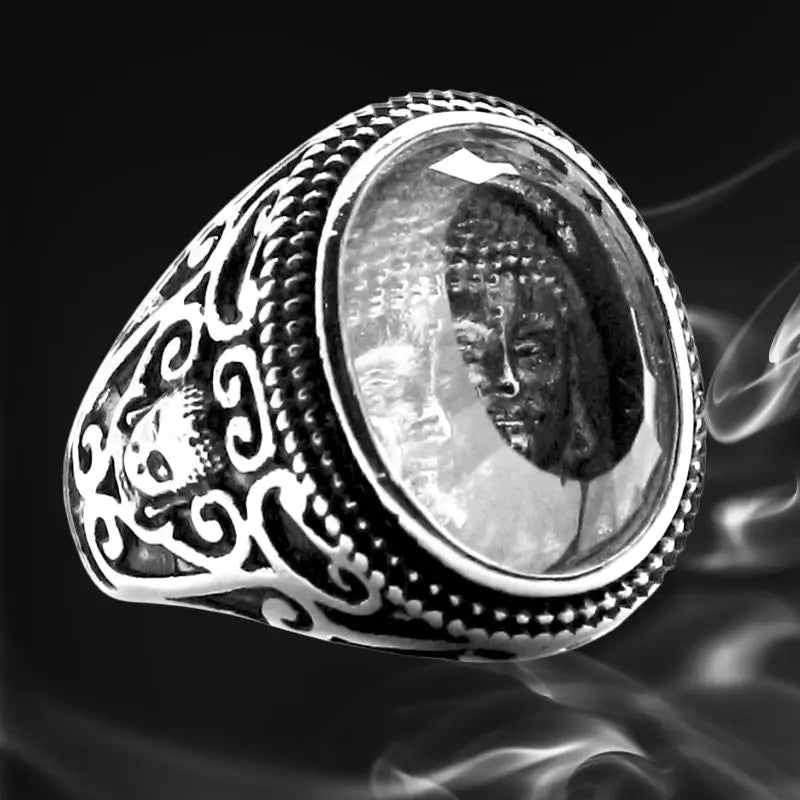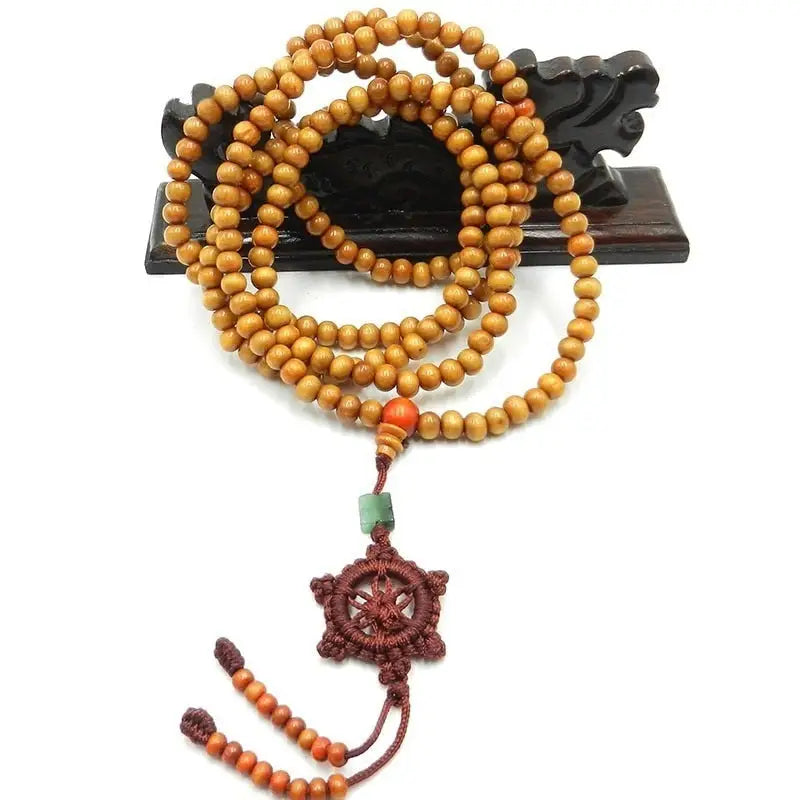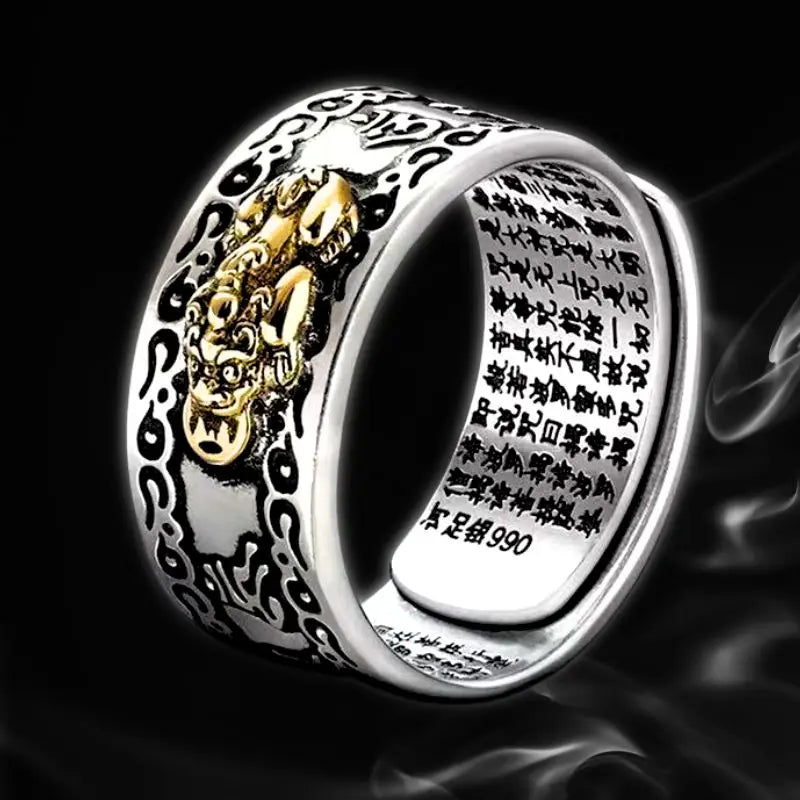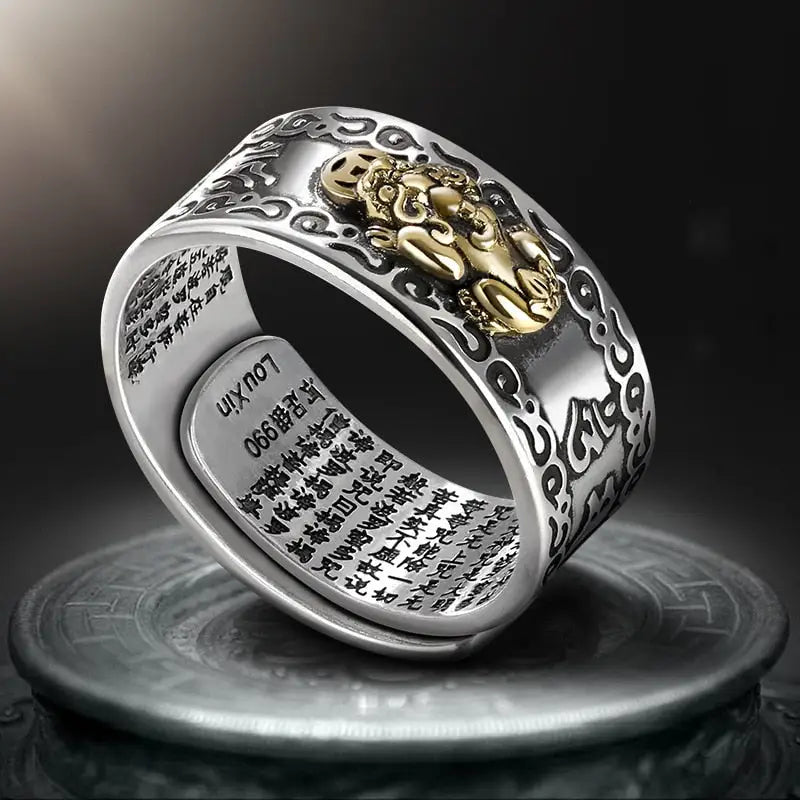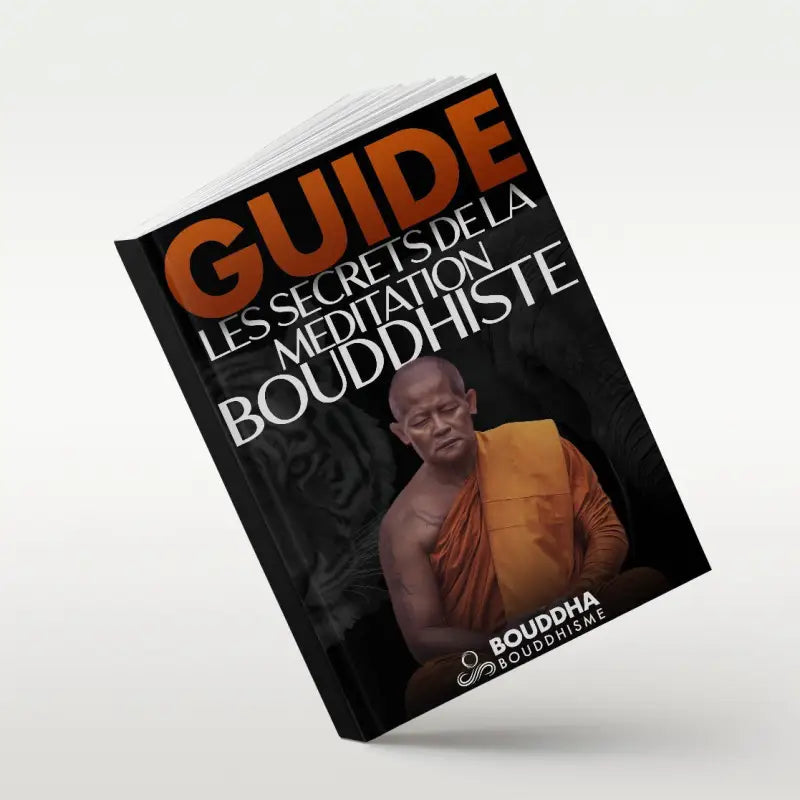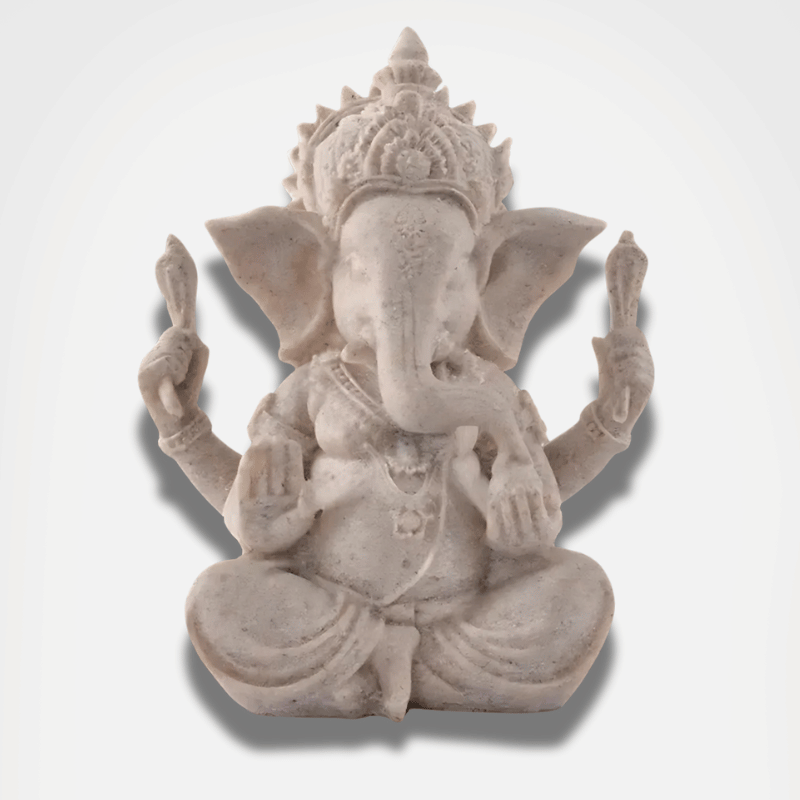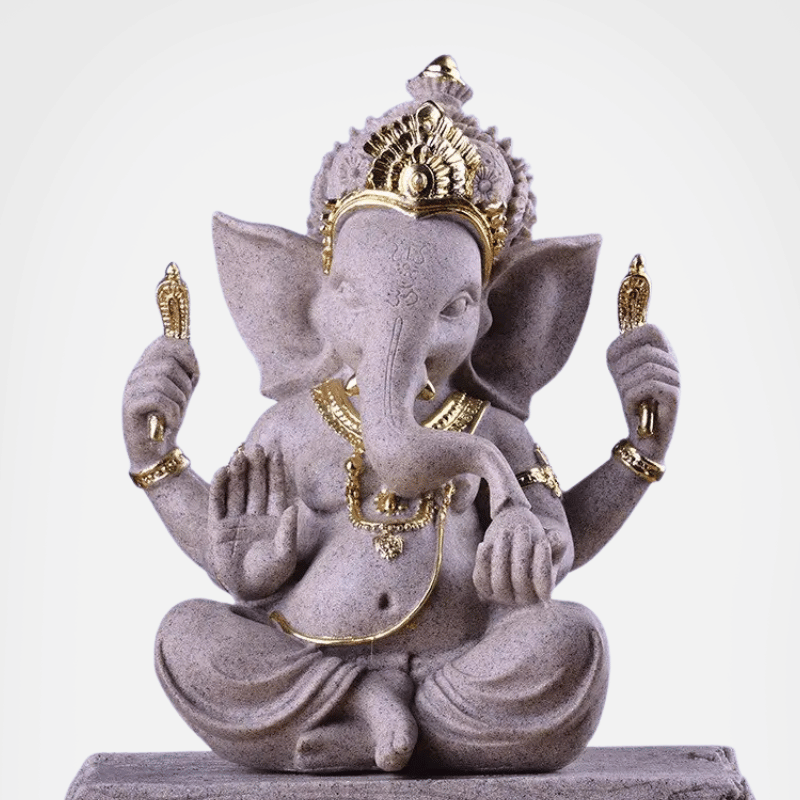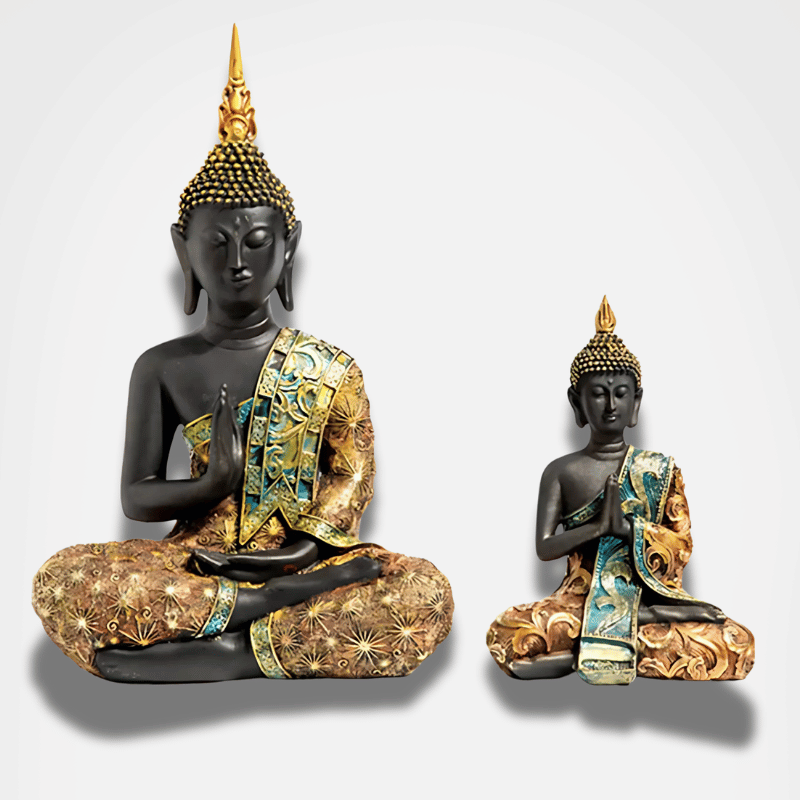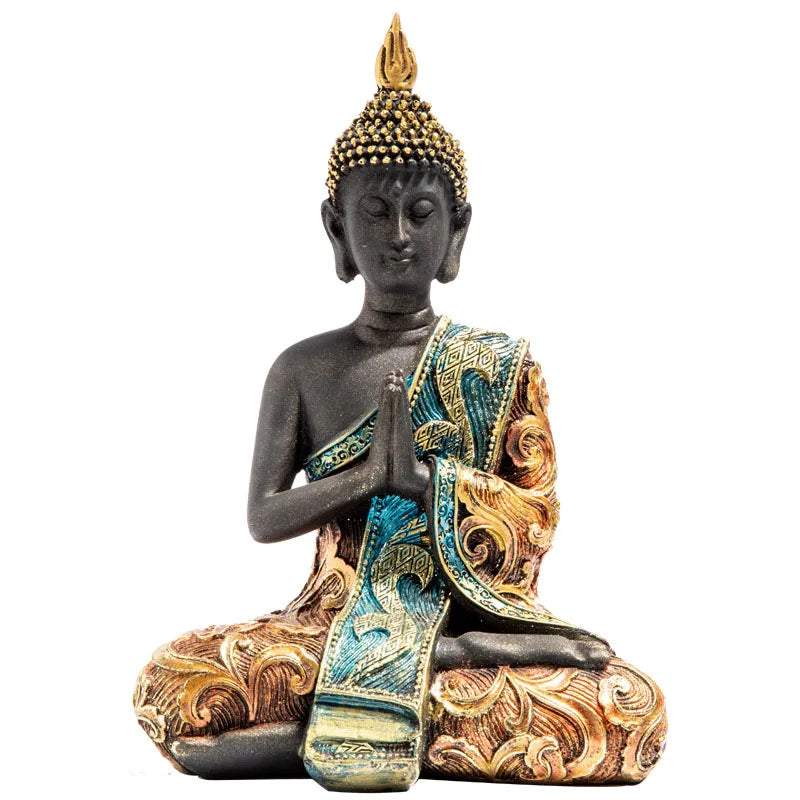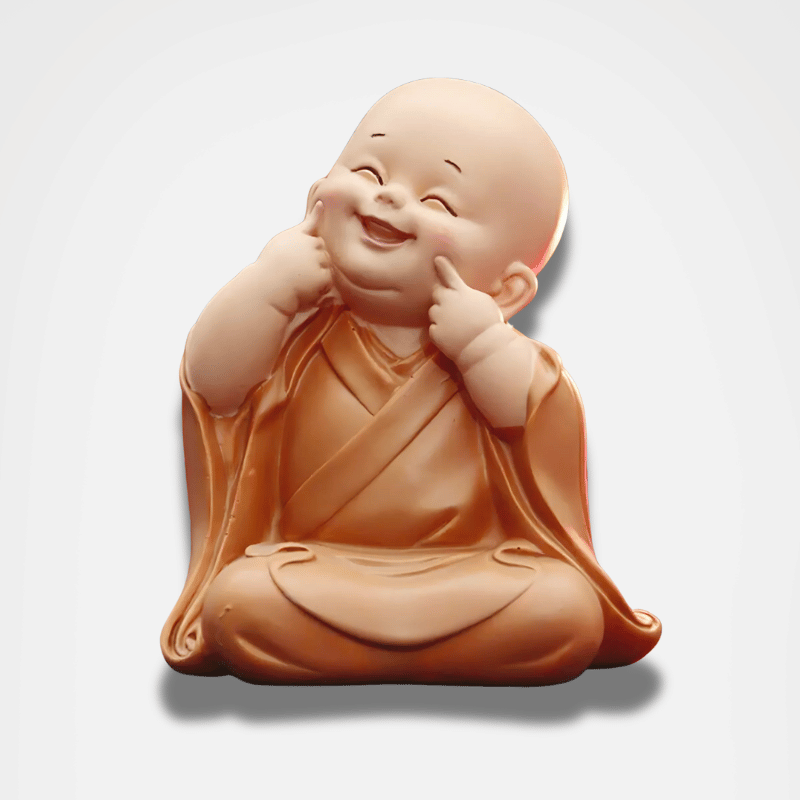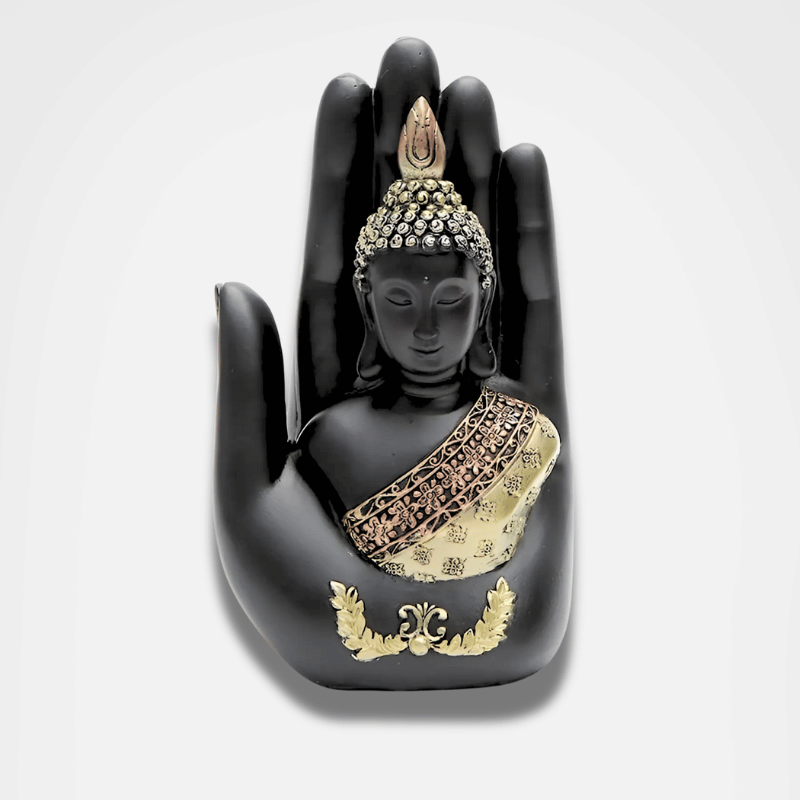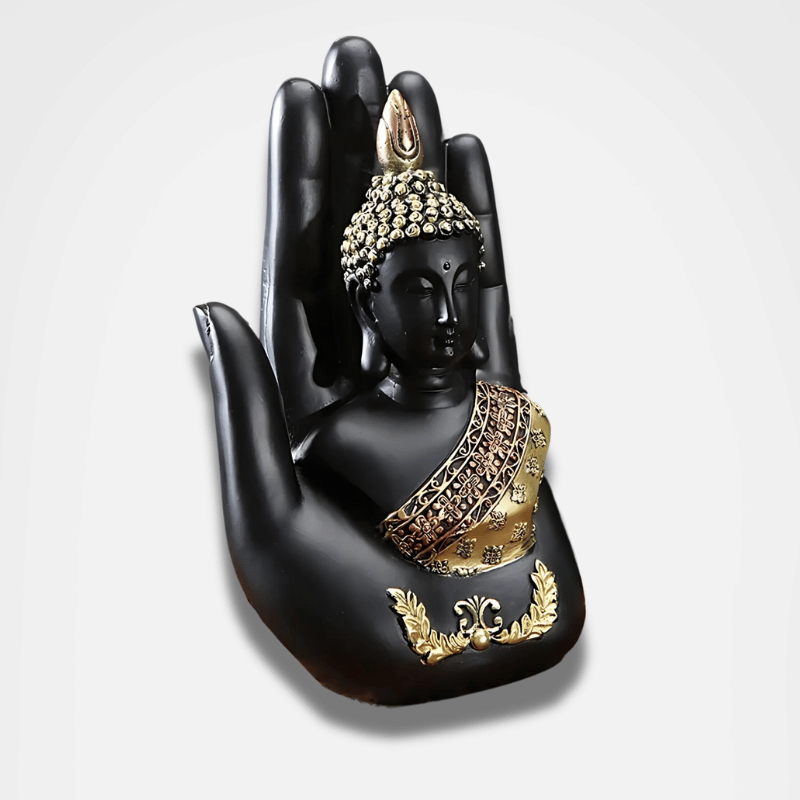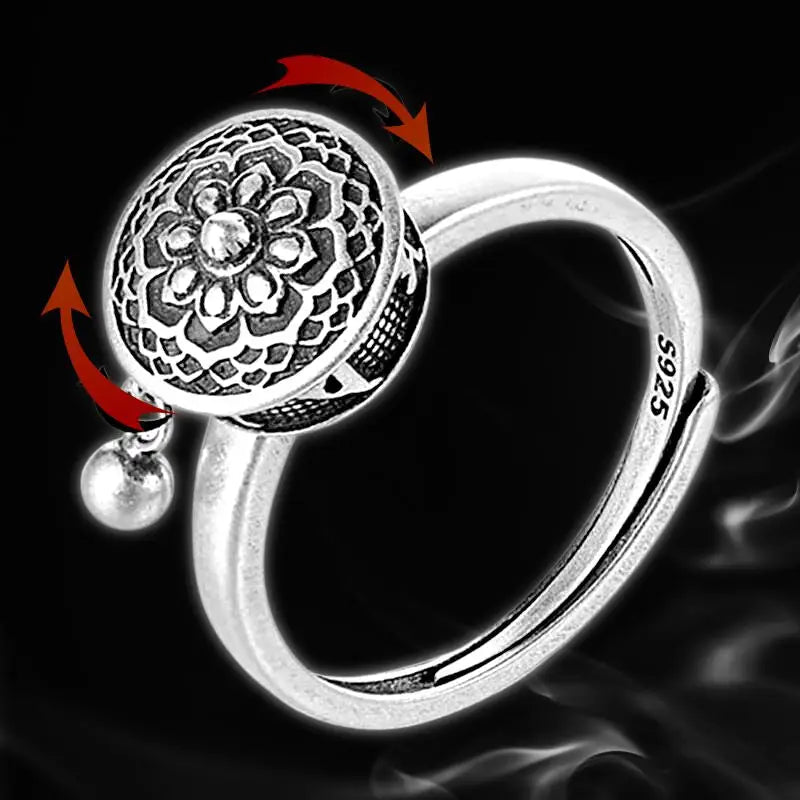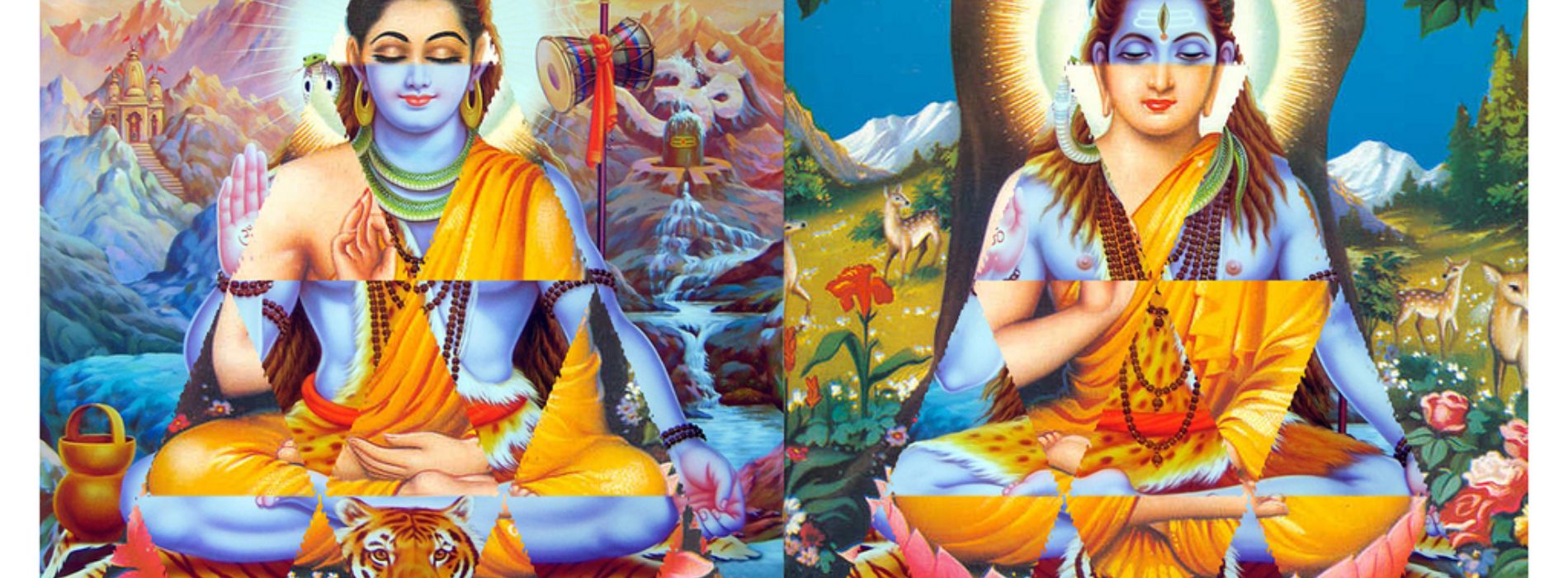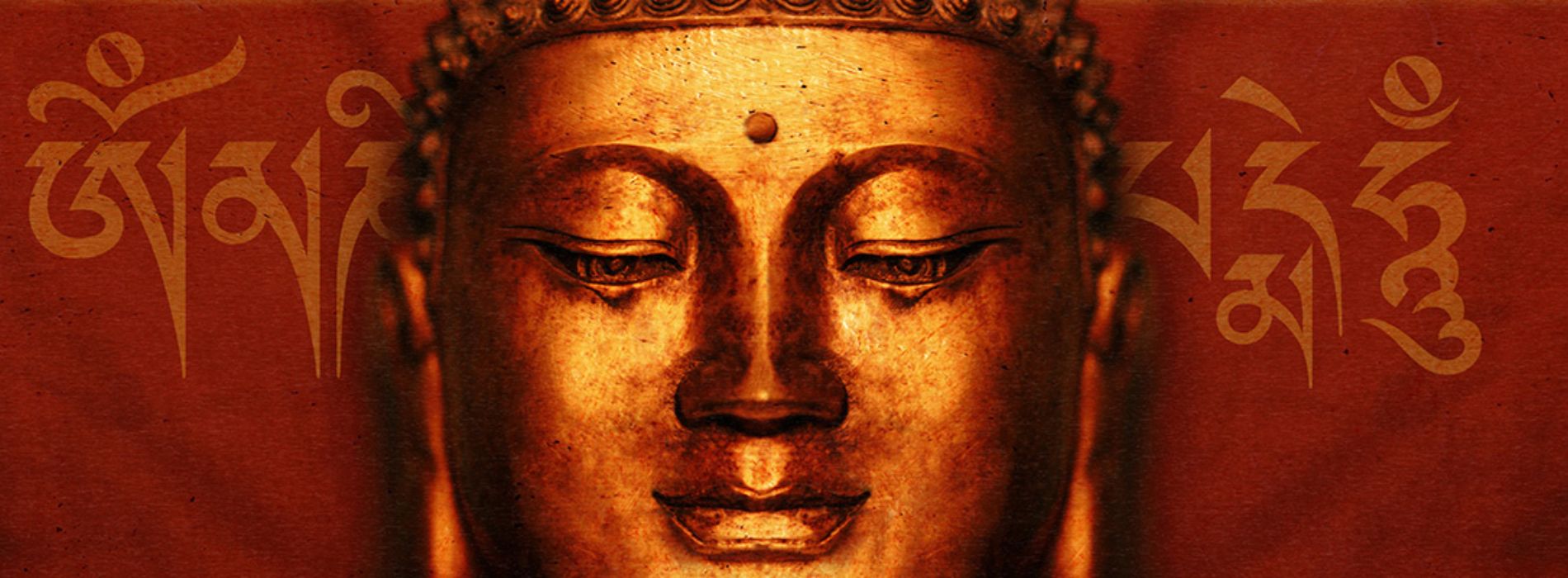How did Buddha die?
The end of the historical Buddha
The death of Buddha is a subject that raises many questions and debates. According to Buddhist texts, the historical Buddha, also known as Siddhartha Gautama, died at the age of 80, in the town of Kusinara, India . Before his death, he is said to have given a final teaching to his disciples, known as the Parinirvana Sutra. The death of the Buddha marks the end of his earthly life and his entry into parinirvana, the state of total liberation.
The Buddha died on the full moon day of May, which is celebrated in some Buddhist traditions such as Vesak, the festival of the Buddha. His death is considered an important event in the history of Buddhism, marking the transmission of his teaching to disciples who will continue to spread his wisdom.
Theories about the death of the Buddha
There are different interpretations and theories about the death of the Buddha. According to Buddhist tradition, the Buddha died of a natural illness, known as dysentery. He apparently fell victim to this illness after eating contaminated food. However, some modern research suggests that the Buddha may have been poisoned, although there is no consensus on this theory.
Another theory suggests that the Buddha died of old age, after having lived a long and fulfilling life. According to this perspective, his death was predestined and he would simply have reached the end of his earthly life. Whatever the true cause of his death, the figure of the Buddha continues to inspire millions of people around the world, who find in his teaching a source of peace, wisdom and liberation.
Teachings on death in Buddhism
Death occupies an important place in Buddhist philosophy. According to Buddhist tradition, death is not the end of our existence, but rather a transition to another form of life. Buddhism teaches that death is inevitable and part of the endless cycle of birth and death, called samsara. However, the ultimate goal of Buddhism is to escape from this cycle and reach nirvana, the state of total liberation.
Buddhism offers practices and meditations around death, to help us better understand the ephemeral nature of our existence and to cultivate an attitude of detachment. By accepting the reality of death, we are invited to live in the present moment, to cultivate kindness towards others and to seek the true essence of our being.
Parinirvana: the ultimate death of the Buddha
The parinirvana is an essential concept in Buddhism, which refers to ultimate death and total liberation from the cycle of birth and death. For Buddhists, parinirvana is the ultimate goal of spiritual practice, where one achieves the state of total enlightenment and permanently escapes suffering.
The Buddha himself is said to have achieved parinirvana at the time of his death. In Buddhist texts, he is described as having reached the state of nirvana just before dying, meaning that he was freed from all attachments and suffering in the world. His death is therefore celebrated as his entry into this state of ultimate liberation.
The meaning of parinirvana
The parinirvana is often interpreted as final death and the end of individual existence. However, according to some Buddhist teachings, parinirvana is not simply the end of life, but rather a profound transformation of our being. It is not an annihilation, but a dissolution of the ego and a return to our true nature.
The concept of parinirvana reminds us of the impermanence of all things and invites us to transcend our attachment to the ego and ephemeral pleasures. By understanding that everything is subject to birth and death, we are encouraged to cultivate compassion, wisdom and the search for true reality beyond appearances.
The death of the Buddha in the Buddhist tradition
The death of the Buddha is a central part of Buddhist tradition and is celebrated annually in many Buddhist countries. This commemoration, known as Vesak, is an opportunity to remember the Buddha's teaching and to meditate on the nature of life and death.
During Vesak, Buddhists go to temples to listen to discourses on the life of the Buddha and practice meditation. Offerings are also made to the monks and lanterns are lit to symbolize spiritual awakening.
The meaning of Vesak
The Vesak is a deeply symbolic festival in the Buddhist tradition. It is considered a time of reflection, gratitude and celebration of the Buddha's teaching. It is also an opportunity to remember that death is an integral part of life and that we must accept it with wisdom and compassion.
The Vesak is therefore a reminder of the fragility of our existence and the importance of living each moment to the fullest. It is also an invitation to cultivate qualities such as kindness, compassion and gratitude, which are at the heart of the Buddha's teaching.
Final Thoughts
The Buddha's death marks the end of his earthly life, but his teaching continues to inspire millions of people around the world. His death is more than a historical event, it is a symbol of transformation and liberation. The Buddhist tradition invites us to meditate on the nature of death and suffering, in order to find the path to liberation. Whether we adhere to Buddhism or not, the death of the Buddha remains a powerful reminder of the impermanence of life and the importance of cultivating qualities such as benevolence, wisdom and equanimity.

